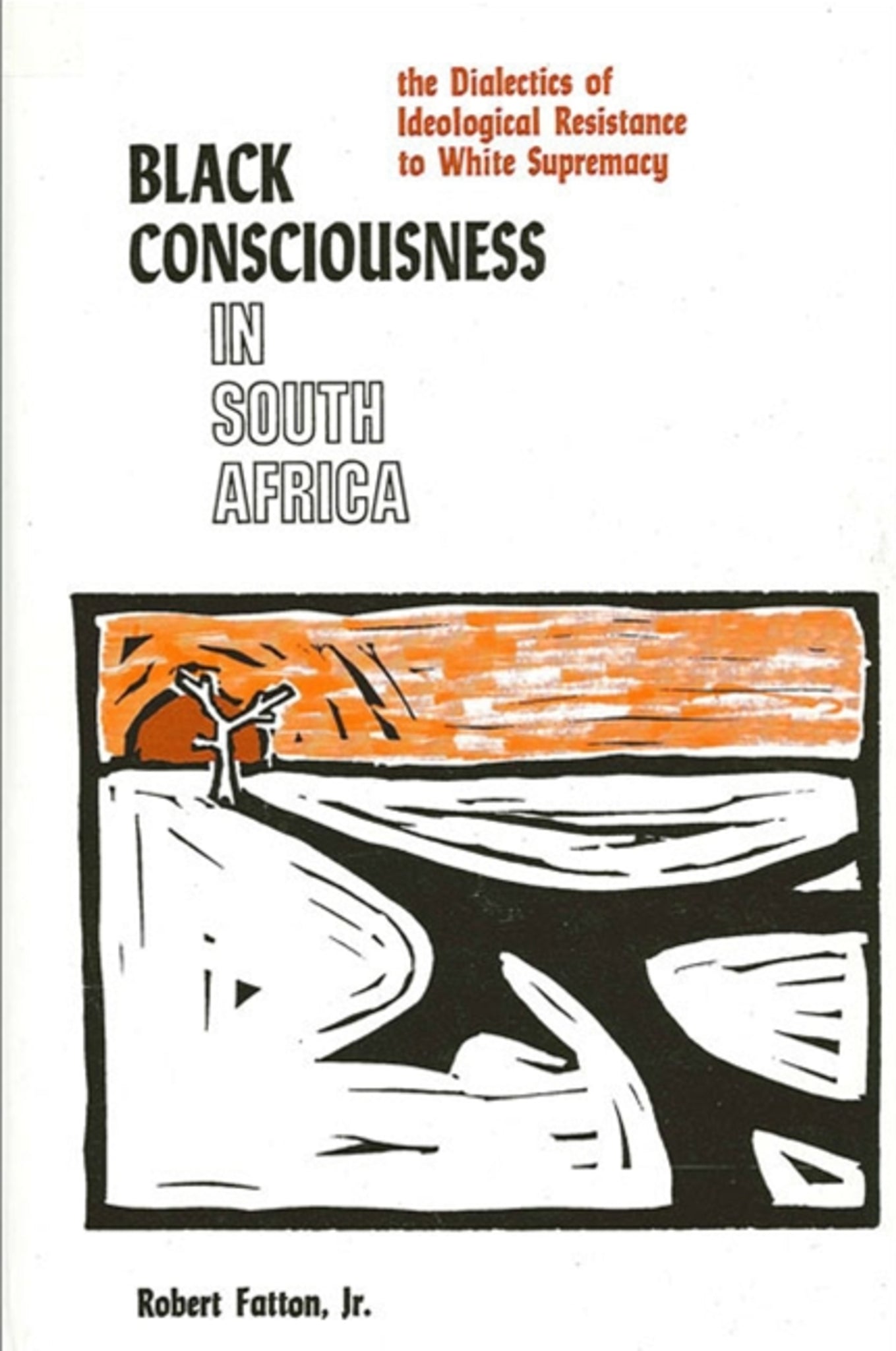We're sorry. An error has occurred
Please cancel or retry.
Black Consciousness in South Africa

Some error occured while loading the Quick View. Please close the Quick View and try reloading the page.
Couldn't load pickup availability
- Format:
-
15 January 1986

Black Consciousness in South Africa provides a new perspective on black politics in South Africa. It demonstrates and assesses critically the radical character and aspirations of African resistance to white minority rule.
Robert Fatton analyzes the development and radicalization of South Africa's Black Consciousness Movement from its inception in the late 1960s to its banning in 1977. He rejects the widely accepted interpretation of the Black Consciousness Movement as an exclusively cultural and racial expression of African resistance to racism. Instead Fatton argues that over the course of its existence, the Movement developed a revolutionary ideology capable of challenging the cultural and political hegemony of apartheid. The Black Consciousness Movement came to be a synthesis of class awareness and black cultural assertiveness. It represented the ethico-political weapon of an oppressed class struggling to reaffirm its humanity through active participation in the demise of a racist and capitalist system.


"A fine analysis of the theoretical underpinnings of the ideologies of African nationalist movements in South Africa. It adds an important dimension to our understanding of the thought processes involved in and basic to these movements." — Gwendolen M. Carter, University of Florida, Gainesville
Acknowledgments
Abbreviations
Chapter I Black Consciousness from a Historical Perspective
Chapter II Ideology, The Black Consciousness Movement, and Social Change in South Africa
Chapter III The Growth and Definition of the Black Consciousness Movement
Chapter IV Class, Blackness, and Economics
Chapter V Black Theology
Chapter VI Conclusions and Assessments
Notes
Bibliography
Index



